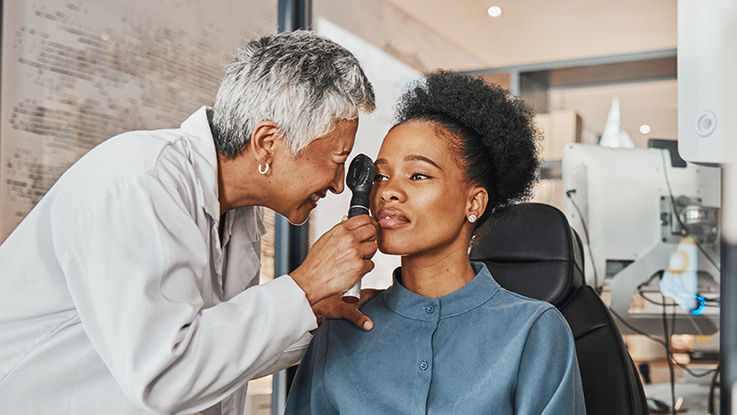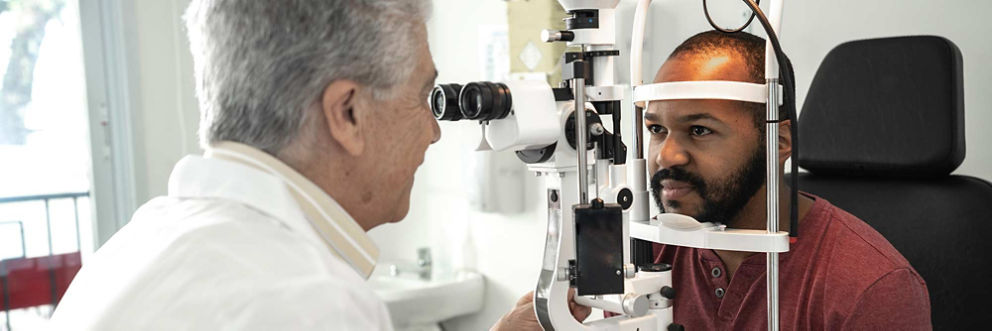Eye care
Not sure where to go for new glasses, contacts or eye care? With nearly 20 eye care clinics in the Twin Cities, clearer vision is right around the corner.
Eye questions don’t always come up at convenient times. We've got you covered with appointments at our eye care clinics and online care for pink eye, styes and other common eye conditions through Virtuwell, our online clinic.
We only get one pair of eyes, so it’s important to look after them. Even small changes in your eyes or eyesight can have big impacts on your daily life. Our board-certified ophthalmologists, optometrists and opticians are committed to helping you see better.
Whether you’re experiencing a natural change in your prescription, a new symptom you want to get checked or an existing eye condition that needs to be managed or treated, our eye doctors and clinicians are ready to help you see more clearly and comfortably.
At HealthPartners and Park Nicollet, we make getting complete eye care convenient. At any of our eye care clinics, you can get everything from eye exams and corrective prescriptions to treatments for a wide range of eye and vision conditions. From there, you can go right to the on-site optical store for the latest in both traditional and specialty frames, lenses and contacts. It’s everything you need for maintaining your vision and eye health, all in one place.

Meet our eye care team
Complete eye and vision care can involve a few different kinds of experts:
- Optometrists (doctors of optometry) are generally your first stop for eye care. They provide vision tests and eye exams, and can prescribe corrective lenses and contacts. They can also diagnose and treat a variety of eye conditions and refer you to an ophthalmologist if you need more specialized care.
- Opticians help you actually pick out glasses or contacts once you have a new or updated prescription. Our opticians combine the latest technologies with your own preferences to get you glasses or contacts perfectly suited to your needs and lifestyle.
Ophthalmologists are medical doctors specializing in eye disorders. They can provide advanced, personalized treatments for more complex eye conditions like glaucoma and cataracts.
Eye conditions and eye care we can help with
Astigmatism - Blurry vision
Cataract procedures - Comprehensive eye exams
- Contacts and glasses
Digital eye strain Dry eyes - Eye care for kids
- Glaucoma and macular degeneration
- Hyperopia
- LASIK/refractive surgery
Myopia control
- Presbyopia
Styes - Vision loss
